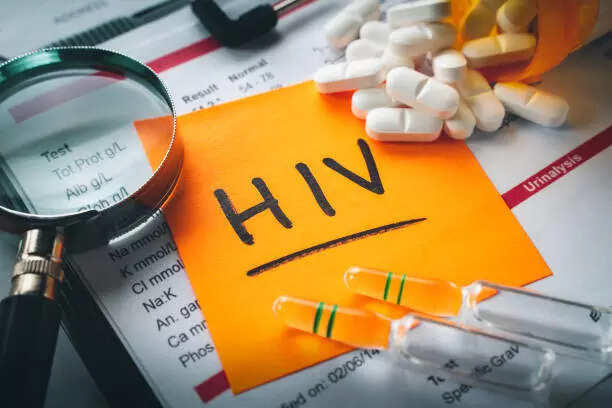
Bengaluru: A recent study by the doctors of Jayadeva Institute of Cardiovascular Sciences and Research (SJICR) found that HIV-positive patients are more prone to cardiovascular risks than those who are not affected by HIV.
The study titled ‘Cardiac Complications in People Living With HIV: Long-Term Insights From an Indian Cohort’ was published earlier in September in the Journal of the American College of Cardiology (JACC).
It represents one of India’s largest long-term studies on HIV-associated coronary artery disease, encompassing 910 patients who were treated and followed up for over a decade at SJICR. The study also highlights the growing challenge of cardiovascular complications among HIV-positive individuals in the modern era of antiretroviral therapy.
It was revealed in the study that HIV-positive patients undergoing percutaneous coronary intervention (PCI) (placing of stents) had a higher prevalence of diabetes, hypertension, and dyslipidemia compared to HIV-negative controls. But the procedural success rates were similar.
It was revealed in the study that HIV-positive patients undergoing percutaneous coronary intervention (PCI) (placing of stents) had a higher prevalence of diabetes, hypertension, and dyslipidemia compared to HIV-negative controls. But the procedural success rates were similar. Despite comparable outcomes in the catheterisation laboratory, long-term mortality and major adverse cardiovascular events (MACE) remained higher among people living with HIV, according to the study.
Dr. H.S. Natraj Setty, Associate Professor of Cardiology and Research Head HIV-Heart at SJICR recently presented the study at Transcatheter Cardiovascular Therapeutics (TCT) 2025 conference held in San Francisco, USA.
“Our findings show that even with effective HIV control and modern drug-eluting stent technology, cardiovascular risk persists,” said Dr. Setty. This underscores the importance of early risk identification, targeted secondary prevention, and integrated management strategies for this vulnerable population,” Dr Setty said.
He further noted that HIV and coronary heart disease (CHD) are increasingly intertwined global health challenges and that as the HIV-positive population ages, the cardiovascular risk burden continues to rise, presenting new challenges to clinicians and health systems worldwide.>







